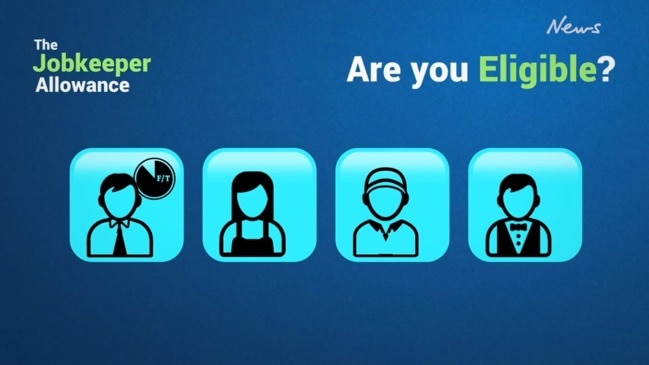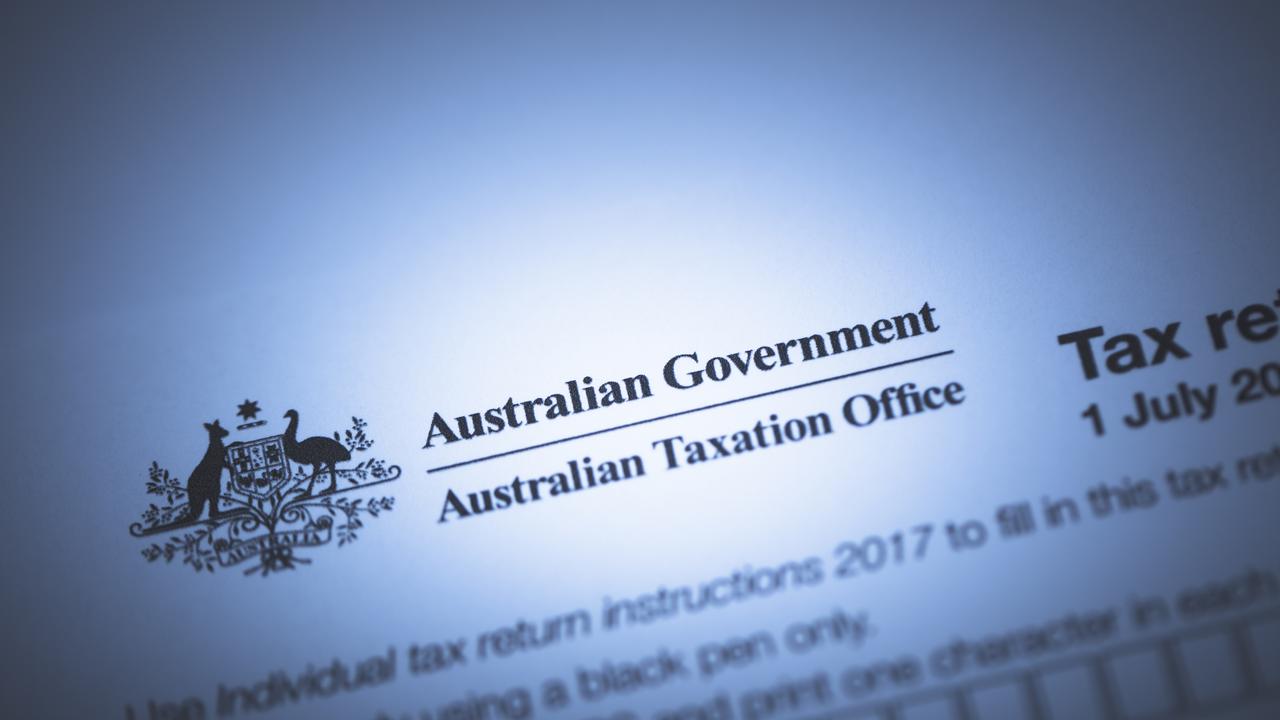Tax returns 2020: Why your refund could be smaller this year
The COVID-19 crisis has hit family budgets hard, and the thought of a fat tax refund is more tempting than ever. But don’t get your hopes up.

With Australia now in a recession following the devastating coronavirus pandemic, the promise of a looming tax refund is even more tantalising in 2020.
But an Aussie tax expert has warned there are several reasons why those eligible for refunds this year could end up with less in their pockets than expected.
RELATED: Read all our tax tips here
RELATED: How to get ScoMo’s $1080 this year
Here’s everything you need to know to avoid tax time disappointment.
JOB LOSSES
According to Ben Johnston from leading Sydney accounting firm Willett Johnston Partners, many people are “overassumming” the impact of job losses when it comes to their tax affairs.
“It’s interesting as we’re getting asked a lot of questions directly related to COVID-19 – we operate under a progressive tax system and a lot of people are overassuming the impact of job losses, thinking they would have significantly overpaid tax when their income will have dropped between April and June,” he said.
“But if you’ve got no job at all, and you’re relying on JobSeeker or JobKeeper, that benefit dilutes down as both of those payments are fully taxable – sure, you might not be earning on the same level as before, but you are still earning a taxable income.
“And in actual fact, the amount of tax being taken out of JobKeeper and JobSeeker may not be enough for there to be any benefit you might have expected.”
Mr Johnston said for example, someone who was earning $100,000 a year and taxed $25,500 who lost their job on March 31 would have earnt around $75,000 up to that point.
However, at that stage, they would have paid around $19,000 in tax which means just $3000 would have been overpaid, as the tax on $75,000 is $16,000 per year.
“It’s in everyone’s head – they’re thinking, ‘I’ve overpaid, I’ve been overtaxed’ but what happens when you receive three months of JobKeeper payments? That equates to $9000 and it gets taxed at the marginal rate of 34.5 per cent, so you effectively pay $3105 tax on JobKeeper – but your employer has only taken out $192 a fortnight in tax, so out of that, you’ve only paid $1152 in tax when you should have paid $3105,” Mr Johnston said.
“It’s the equivalent of having a second job that has not been taxed accordingly, so that $3000 tax overpayment will be diluted down massively because of the tax payable on JobKeeper and JobSeeker.”
“I think almost everyone on JobKeeper is going to be caught out on it.”
In the above example, factors including the low and middle income tax offset have already been included, although Mr Johnston said other variables such as the Medicare surcharge levy would need to be considered in each individual circumstance.
Mr Johnston said lower income earners could also end up getting stung, as those who might have previously been earning below the tax-free threshold may exceed it once those government benefits kick in.
“They may have paid no tax before but may find themselves suddenly owing tax as all of a sudden they are over the tax-free threshold – I think it will impact most if not everyone receiving JobKeeper and JobSeeker,” he said.
“A lot of people fly blind when it comes to tax … and those people who are relying on a refund might be sadly mistaken.”
EARLY LODGEMENT
Another reason why 2020 refunds might be smaller than expected is the trap of early lodgement, as taxpayers relying on a refund rush to file their tax returns on July 1.
However, there is usually a delay of several weeks before all your crucial income and deduction information is automatically updated on myGov – which means some people might end up with a less generous refund than they would otherwise be entitled to, or have to repay the tax man.
“People have got to be really careful that they don’t get in too soon,” Mr Johnston said.
“The data matching is not reliable until the end of July, so you might want to get in quicker, but the ATO is still at the mercy of the banks, large corporations and health funds.
“They need to get that data to the ATO and it doesn’t just switch on July 1, there is a waiting period before it is all there.
“There is a risk that people who file too early will have to amend their returns or they could end up being audited by the ATO.”

The lag time is even longer for those with managed investment funds, which can take up to four months after the end of financial year to make all information available.
“You need to be 100 per cent sure all the data is available before you do your return – we communicate to our clients that it could distort their outcome significantly if they fail to declare all their income, as they might falsely get a refund they’re not entitled to or forget things like interest earnt on deposit accounts if it’s not available through the ATO yet,” he said.
SCOMO’S $1080
Finally, Aussies might be expecting their refunds to be bulked up by that $1080 tax offset famously announced by Prime Minister Scott Morrison last year – but in reality, the benefit will be far smaller for many.
According to the ATO website, if your taxable income is less than $126,000, you will get some of the low and middle income tax offset.
But while the maximum offset is $1080 per year, the base amount is far less at $255 per annum.
The amount of the offset you are entitled to will depend on your individual circumstances, such as your income level and how much tax you have paid throughout the year – and if you earn above that cut-off, you won’t get a cent.
You also won’t be eligible if you earn below the tax-free threshold.
“It’s not a cheque for $1080 from the Government; it’s more complex than that. It’s a tax offset which reduces your overall tax bill, which could mean you will either get a bigger refund than you normally would, or alternatively, you might end up having to pay less if you receive a tax bill,” H&R Block’s director of tax communications Mark Chapman previously told news.com.au.
However, Mr Chapman was more optimistic about this year’s tax refunds, previously telling news.com.au they could actually be larger for some people on average once working from home deductions, the tax offset and job losses were factored in.




